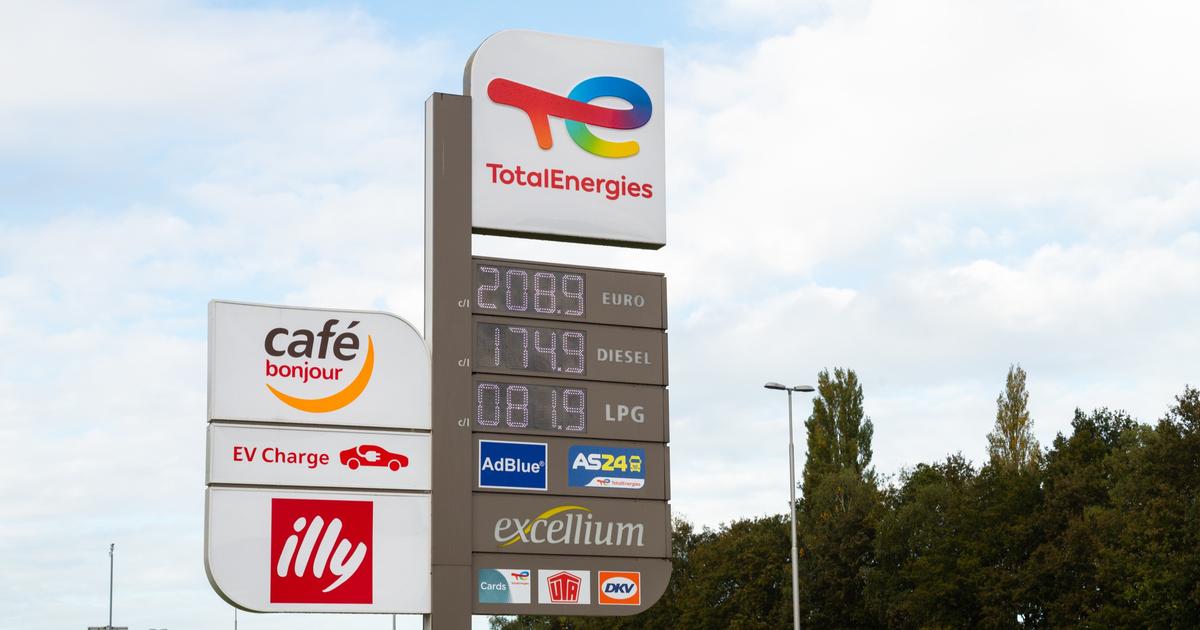From January 1st, the federal government wants to stop using Russian oil via pipelines.
In the northeast, this primarily affects the PCK refinery in Schwedt.
Many questions are still open, but Brandenburg's Economics Minister is confident.
Potsdam/Schwedt - Brandenburg's Economics Minister Jörg Steinbach (SPD) does not expect supply bottlenecks for fuel, despite the ambiguity surrounding the planned import ban on Russian oil.
The federal government must soon decide how to implement the planned embargo, he said on Thursday at an online discussion of the SPD-affiliated Friedrich Ebert Foundation in Brandenburg.
The alternative of oil via the port of Rostock for the refinery PCK in Schwedt is "rifle at foot", said Steinbach.
"At the same time, intensive negotiations are underway with the Polish side, but also with the Kazakh side."
Because of the Ukraine war, it is planned for January 1 that no more Russian oil should be used.
The PCK refinery has been supplied with Russian oil via the Druzhba pipeline for decades.
The north-east of Germany is supplied with fuel via the plant on the Polish border.
The ideal would be supply only via pipelines from Kazakhstan, for example, as the basic supply, which would ensure 50 percent of PCK's capacity utilization, said Steinbach.
The oil from Rostock would then help to get in the direction of the previous utilization.
"That would also be a situation that would be relatively stable." However, the pipeline from Rostock to Schwedt is always in need of repairs.
"In this respect, there shouldn't be any supply bottlenecks in the north-east," he said.
"Where we still have a small gap is in the diesel area." But that is also being worked on.
The minister was confident that the refinery would come through the crisis well.
"To be honest, I'm not at all worried about Schwedt." He referred to the federal government's 100 percent net employment guarantee for two years.
Prime Minister Dietmar Woidke (SPD) campaigned for a faster transition from fossil to renewable energies.
He cited the PCK refinery in Schwedt as an example of the planned conversion to a climate-neutral economy.
"We have to expand renewable energies faster," said Woidke on Thursday in Potsdam.
However, citizens and companies should also benefit from the expansion - such as direct deliveries and significantly lower energy prices.
The federal government had brought the majority owners of the refinery - two Rosneft subsidiaries - under state control.
According to the Economy Ministry, Rosneft had little interest in turning away from Russian oil.
In the future, PCK wants to produce green hydrogen on the site, i.e. with the help of eco-energies.
dpa









/cloudfront-eu-central-1.images.arcpublishing.com/prisa/DLTDDS5OAJK733QSV3Q65TPJR4.jpg)